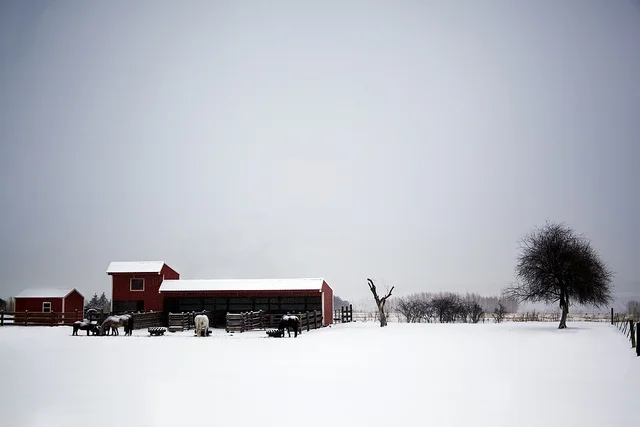the long view
Hi Carl,
So glad to read that you're off on your adventure. Do you have any advice for folks who don't know what their next step is?
I've bounced between many jobs and pursuits for the last several years, and none seem to be sticking. None feel right. I'm really tired of trying to find a good thing by weeding out all the not so good things. Opportunities come to me all the time, but transitions take their toll and I can only take so many first years at new jobs.
Gmail offered me the option to add "365 days from now" to my calendar. I have no idea what I would put there, I just think it's something completely different from anything I can imagine.
Thanks for writing,
Rachel
message to Carl Richards, 6 Sept. 2016
Patience has taken a back seat to instant gratification recently, and it's taking its toll on me.
One thing no one tells you about improving yourself is that it takes a long time. Actually everyone tells you that, but you don't listen. Or rather, you don't really understand. For as many truly helpful people there are telling you that you have a long road ahead, there are just as many Instagram personal trainers and #wellness coaches telling you that if you just #nevergiveup enough, everything will turn around for you.
It's possible. I'm not saying that you can't change or grow. I'm just saying that if it's going to happen, it will take a long, long time.
* * *
One of the commonly-known facts about my current industry is that fundraising professionals only stay in any one job for an average of 18 months. Most leave because they are offered a better-paying job somewhere else, which makes sense: nonprofit folks are chronically underpaid and overworked, a staple of the industry. So if you're going to be overworked no matter where you go, you may as well get a bit more money out of it.
This makes the entire industry completely unstable. How do you expect to raise any money in a meaningful way (i.e. building relationships with donors, growing connections in the community -- not just throwing another auction gala or golf tournament) if you spend 6 months just learning how everything works around the office? (IMPORTANT NOTE: People who tell you that it takes less time are both kidding themselves and sure to be terrible bosses.) But with more and more job-hopping in every sector, all employers are looking for someone to walk in the door and start raking in cash.
* * *
Here's another thing self-improvement people don't tell you: you will never figure it out. I repeat: you will never figure it out. You will always be searching for "the thing" that's going to fix you. The dream job, the soul mate, the new home/city/country, the major money-making hobby. You will never be certain of your next step, and there will never be one step that fixes the problem. There will be dozens of steps. There will be missteps. There will be tragedies.
* * *
I started reading Louise DeSalvo's collection The Art of Slow Writing many weeks ago and have been chewing on it a few pages at a time. I picked it up because I want to be a better writer, but also because creative pursuits are perfect mirrors of living. I don't know which imitates which -- neither art nor the rest of life draws such neat lines -- but the parallels are many and potent.
The words I keep repeating to myself from from Anne Tyler, one of the dozens of writers interviewed for the book:
“It helps for a writer to develop a ‘sense of limitless time’ so that whatever happens in life can be attended to. Tyler sees herself slipping ‘gracefully through a choppy life of writing novels, plastering the dining room ceiling, and presiding at slumber parties.’ If we imagine living ‘unusually long’ lives, Tyler says we can write while still being fully engaged with the rest of our lives.”
A welcome contrast to the same Insta-celebrities who will tell us to live every day as though death were taking us tomorrow. It's a romantically attractive ideal, one that speaks to seizing opportunities and relinquishing reservations, but I don't want to dwell in that kind of fear. Welcoming the prospect of death is also an escape from living: an avoidance of mundanities and "wasted" time; a desperation for some of sort of purpose, and finding none, some reckless abandon.
Taking the long view means realizing that everything takes time: writing a novel, finding a good job, learning to let go of things. The reality is that today probably isn't your last day, and if you die a perfectly boring and average death, only one of about 29,000 days will be your last. There is no need for desperation. If you carry something for long enough, it becomes a part of you; anxiety, fear -- these are things to leave behind. Be kind to yourself. Take your time.
